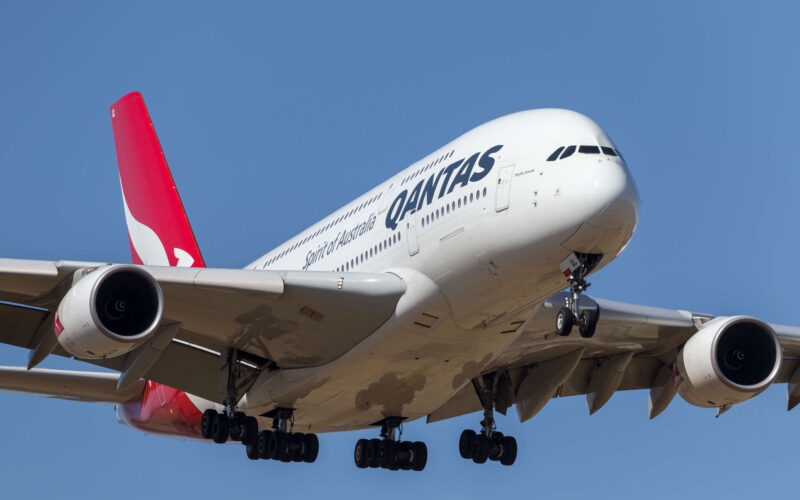Qantas Airways has announced that it would seek to terminate its existing contract terms with its long-haul cabin crew members in the wake of COVID-19.
Arguing that the current terms are outdated, the carrier has applied to Australia’s Fair Work Commission to end the agreement so that the airline can more towards a more flexible model of working and simplify the cabin crew rostering process.
Under the current terms of employment, long-haul cabin crew members are limited to working on specific aircraft models. International Qantas Airways crew are only permitted to work on either Airbus A330s or A380s or Boeing 787 aircraft. Currently, this means that 20% of 2,500 flight attendants can only operate on a single type of aircraft. Qantas would like to enable all long-haul crew to be trained to work across all three aircraft types.
Speaking to local media on January 20, 2022, Qantas’ CEO Andrew David said that without making these changes, the carrier would not be able to effectively recover from the pandemic.
“The challenges facing airlines are pretty obvious and, even though we’re flying internationally again, it’s clear that we have to operate in a more agile and flexible way than we did pre-COVID to recover. […] We’re seeking termination because we can’t effectively run our business without the rostering changes, we desperately need to properly restart our international network in a post-COVID world,” David told the Australian Financial Review.
The Flight Attendants’ Association of Australia (FAAA) revealed the outcome of a vote held in December 2021 where 97% of long-haul cabin crew members held an unfavorable opinion of the proposed contract changes. The association argued that cabin crew concerns included a two-year salary freeze followed by double the number of standby shifts.
FAAA secretary Teri O’Toole said: “These were the heroes that have had to bring stranded Australians back during COVID-19, and this is how the company repays them for exercising their workplace rights to vote down the new agreement.”

